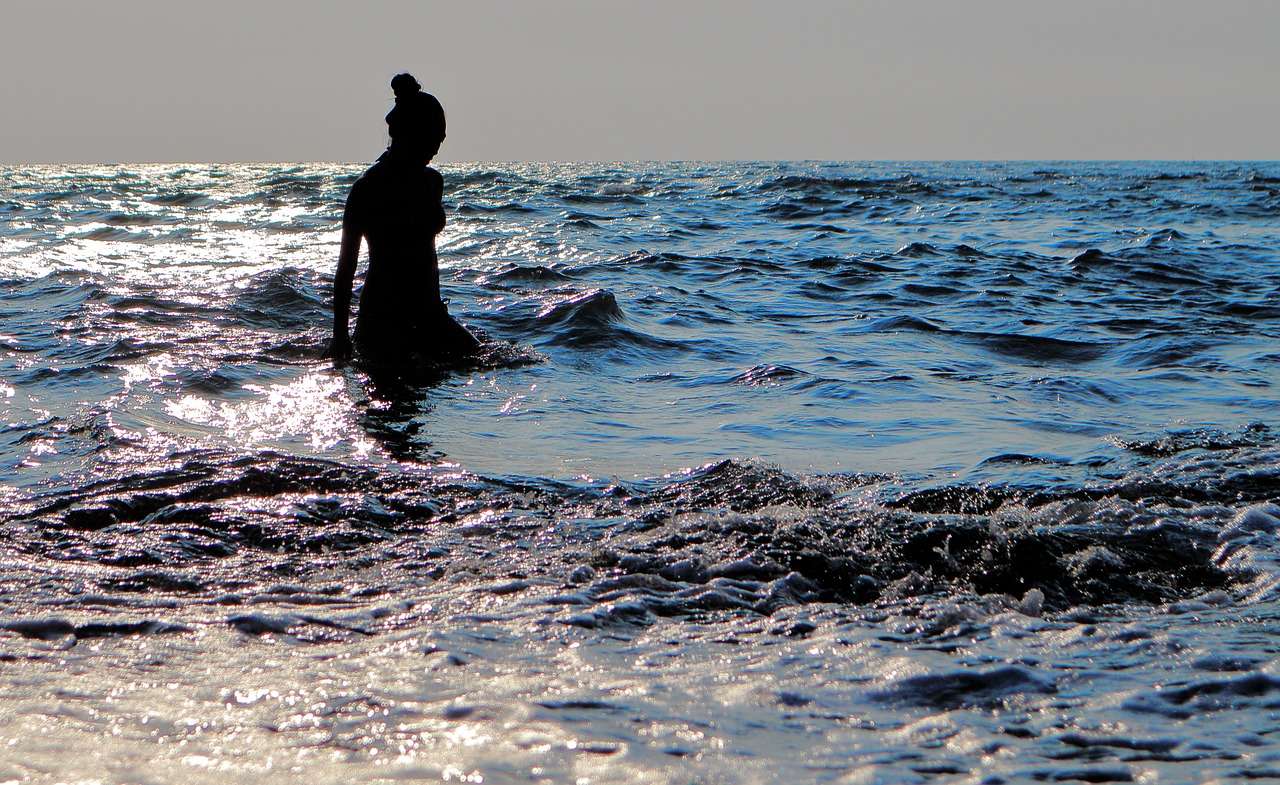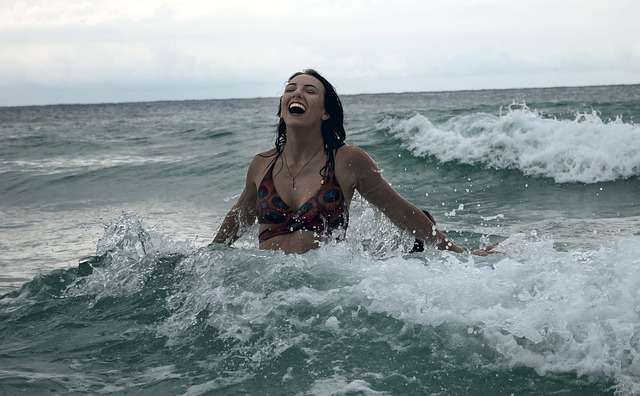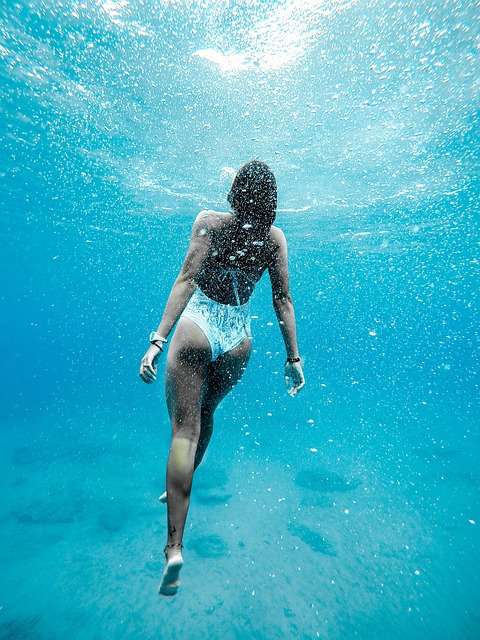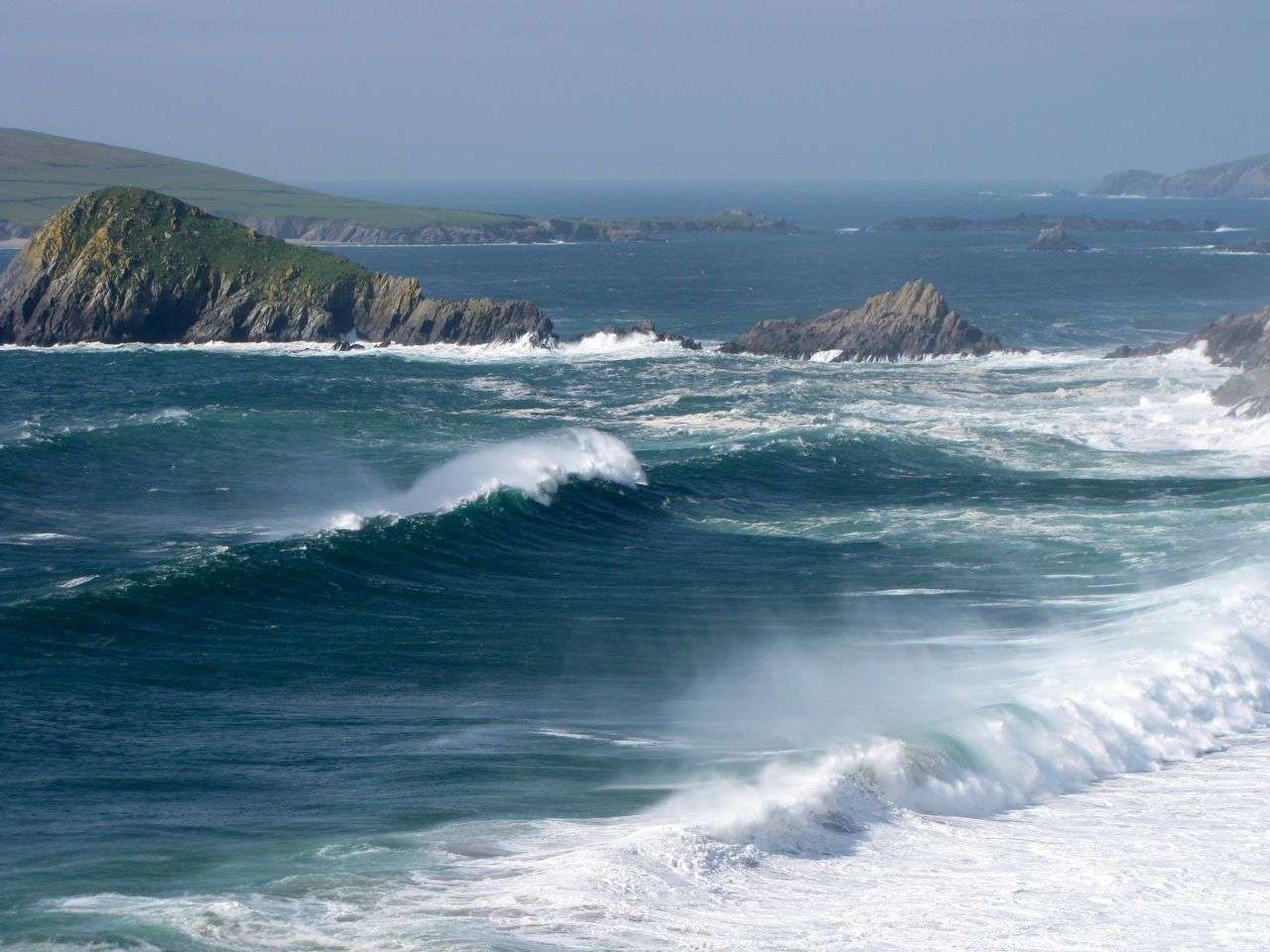Swimming in open water its very different from swimming in a pool or a lake, for the most part, because those areas are relatively enclosed and not subject to some of the same currents and waves you’ll encounter in the ocean.
This doesn’t mean that swimming in the ocean is going to be very difficult or impossible, not even for a beginner!
The most important thing a swimmer needs to know when we paddle out into the ocean is that your safety depends not just on how well you can swim, but on some other factors that shouldn’t be ignored.

Ocean swimming is significantly more challenging than swimming in a pool or most other places because you must contend with waves, the change of the tide, the slope of the beach, and strong currents that may be present even when the surface appears calm. Add to that the fact that conditions may change not just from day to day but from hour to hour, and you’ve got a potentially dangerous swimming environment.
As a result, no one but those who already know how to swim in less difficult conditions, such as a pool or a pond, should go into the ocean alone.
Anyone should spend a few moments looking for dangerous rocks and watching the waves before you swim.
One of other problems when we swim in open water is the ocean is not a limited space. It’s really easy to get lost, and lose your orientation.
7 Ways to Feel Secure and Confident in Open Waters

1. Make sure when you go swimming in the ocean, you go with someone else, or at least have someone looking at you from the shore.
2. The most important thing is to keep calm. If you have cramps, keep yourself under control.
3. Even if you are an advanced swimmer, don’t go too deep and far, and avoid risks.
4. Use the right sun protection. Sometimes we don’t even realize for how long we have been in the water. This can help our skin in the short and long term.
5. Remember, the ocean life is a whole new world for you. Respect wildlife: there’s fish, jelly fish, and tons of bio diversity.
Usually, when an ocean animal hurts a human, it is a defense behavior — like the jellyfish that stings, sting rays, or the crab that pinches.
Calm down if you get stung by an animal. What you should do is get out of the water and ask for help, and don’t panic. Here in Nicaragua, there’s no dangerous animal in the water, like sharks or crocodiles.
6. Learn rip current safety, tides, and strong winds.
7. Lightning: When lightning or a storm is approaching, leave the water immediately. Do not stay until it begins to rain and do not remain in the water because the lightning appears so far away — just head to shore.

“You can never defeat mother nature, just enjoy the swim.”
Text by Daniela Guajardo



